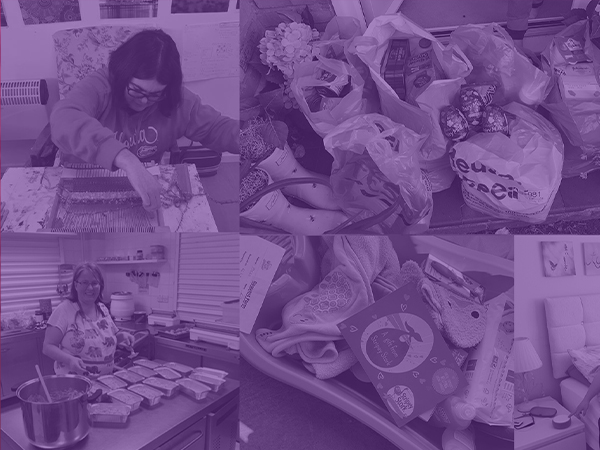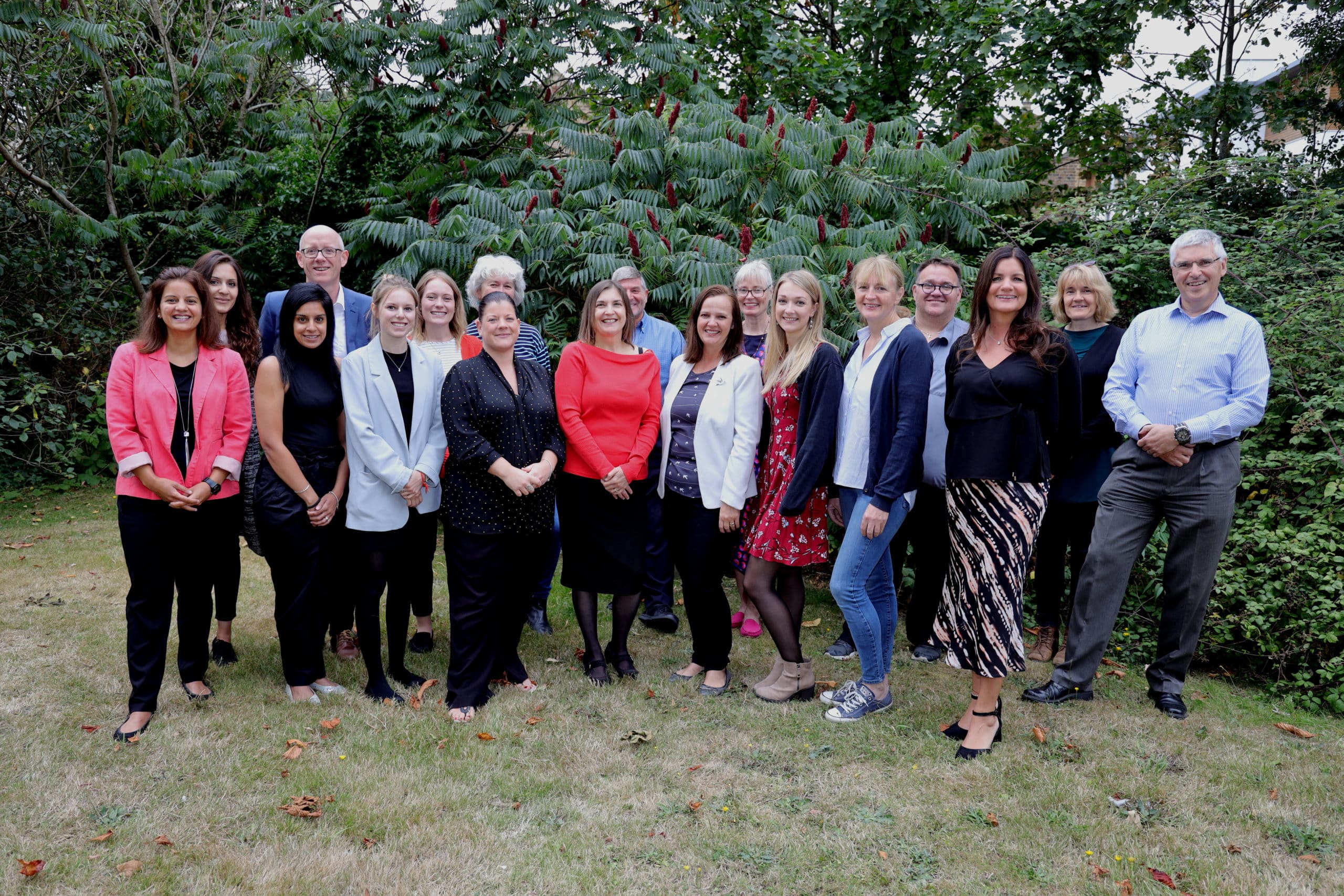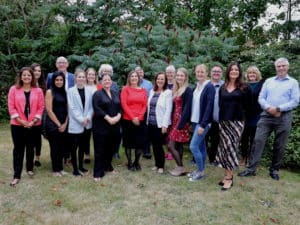
Coronavirus
Response Fund
Case Study
These services are a lifeline to those in our community for whom ‘home’ is the most dangerous place they can be.”
Domestic abuse charity, Your Sanctuary, has been providing lifesaving support to survivors of domestic abuse since 1977. Their dedicated team of staff and volunteers, based in Woking, offer protection, support and empowerment services to survivors and their children, and work towards breaking the cycle of domestic violence.
In Surrey, we know that there are an estimated 35,400 victims of abuse, with 3,300 children visible to services as living in homes where there is domestic abuse.
We also know, that on average 28 domestic abuse crimes are reported to Surrey Police everyday – yet many cases remain unrecorded due to a large number of victims not reporting these crimes.
Your Sanctuary provide a free and confidential support helpline service, and on-line chat service for survivors who find speaking on the phone challenging. This helpline is the only helpline that is available right across Surrey, and is the crucial first step for many, to explore what is happening to them.
On average, the helpline receives 400 calls per month for this vital service – which has dramatically increased since the pandemic began.
Your Sanctuary have found that over 80% of their callers say:
- They understand more about their rights and options
- They feel more confident to access other types of support
- They understand more about domestic abuse and abusive behaviours
Coronavirus has raised public consciousness of the extreme fear and harm that survivors, both adults and children, are suffering all across the country.
Together with the Community Foundation
The Community Foundation for Surrey is a long-term supporter of Your Sanctuary, having awarded 19 grants to the local charity over the past 11 years.
Most recently, we have been delighted to support them at a time where it has never been more critical. Grants from our Surrey Coronavirus Response Fund have enabled the continuation of their online chat and helpline provision, as the surge in demand for these services amidst the pandemic, has stretched their team, and resources to the limit.
“These grants have enabled us to continue running our vital domestic abuse Surrey-wide helpline and online chat service. These services are often the only way survivors who are in lockdown with their abuser can reach out for support and information – they are a lifeline to those in our community for whom ‘home’ is the most dangerous place they can be.”
Fiamma Pather – Chief Executive, Your Sanctuary
Find out more about the Community Foundation’s work to address domestic abuse in Surrey here.
A life without fear
Across all of Your Sanctuary’s services, the charity works from a needs-led and strengths-based perspective to ensure that each client is treated as an individual and is provided with the most appropriate trauma-led emotional and practical support. Through building the self-esteem and confidence of each of their service users, they empower survivors to continue to live their lives free from fear and abuse.
To find out more about services provided by Your Sanctuary, please visit their website.































